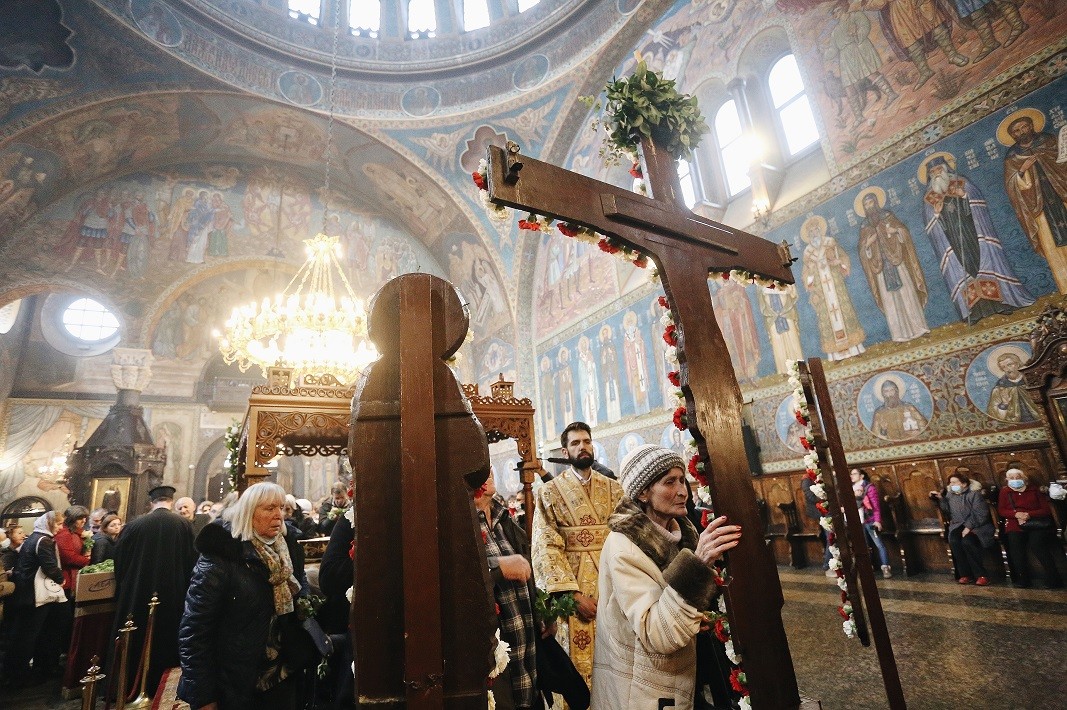
“Such Is Life” — this is the motto of the concert on November 19, where composer Stefan Dimitrov will bring together on one stage legendary performers such as Bogdana Karadocheva, Mihail Belchev, the Argirov Brothers, Mimi Nikolova, and Doni, alongside..
The rock musicians from Horizont band and the singer Mariana Popova have recorded a joint song – ''Without You''. ''We’ve known Mariana since the time when she sang in a very solid band (Kokomania). Even back then she was our favorite because of..
Lili Ivanova will sing for the second time in the Olympia Hall. The concert is scheduled for May 24, 2026 and is under the auspices of President Rumen Radev, the team of the pop star informs. Lili Ivanova sends special thanks to..

+359 2 9336 661
